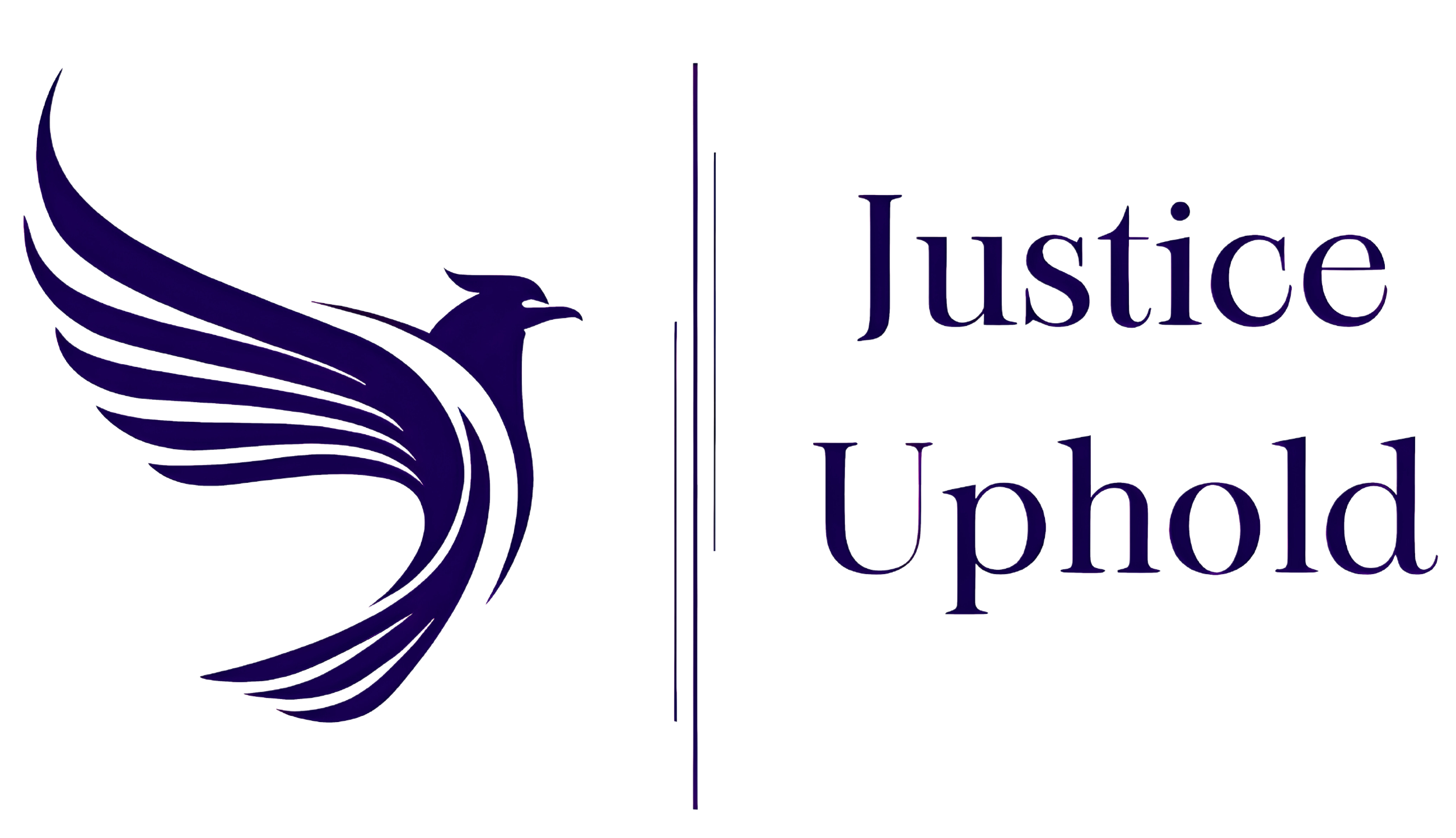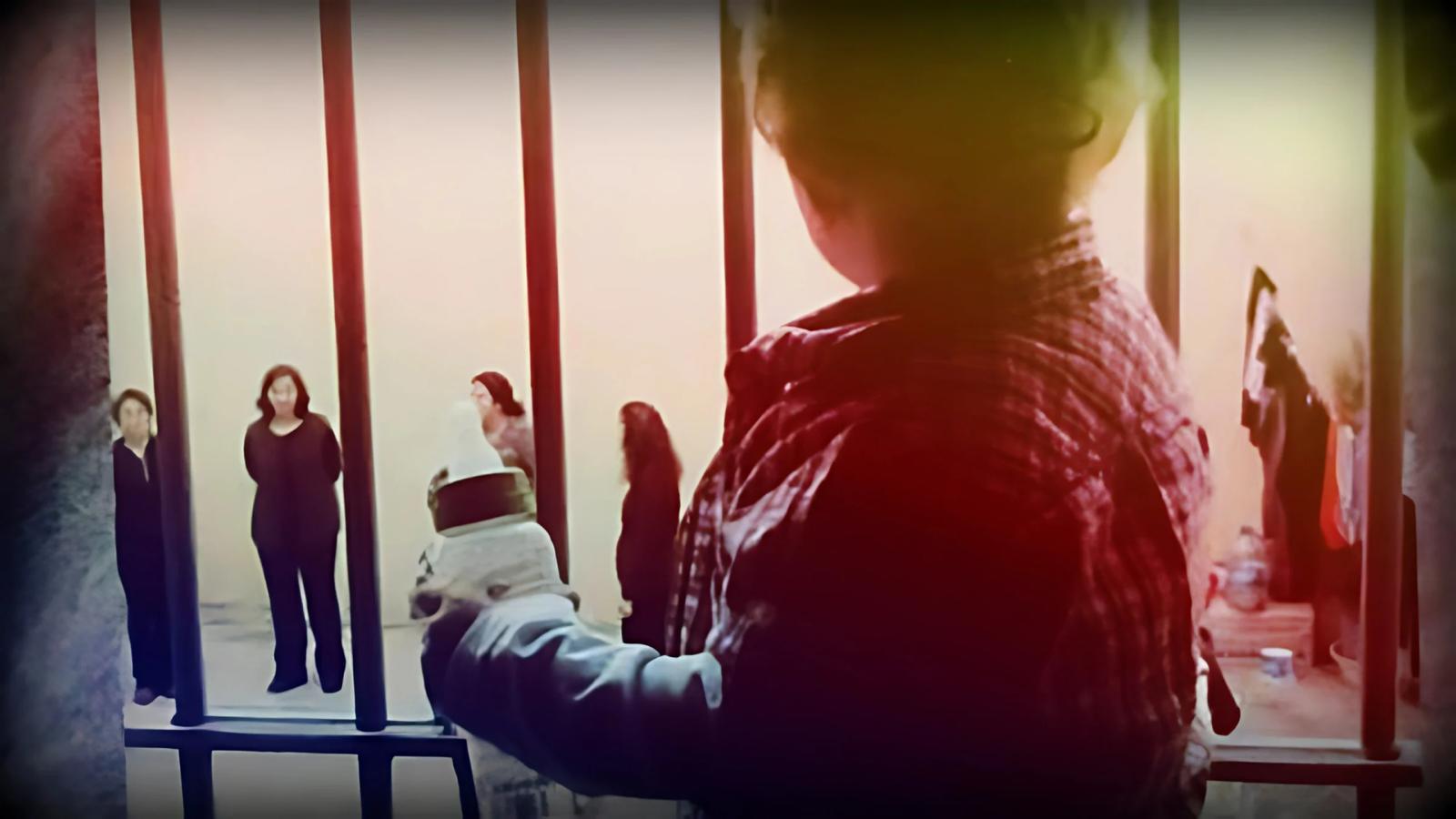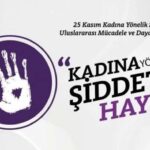World Children’s Rights Day, celebrated every year on 20 November, is a day to highlight the fundamental rights of children and to ensure their protection. The Convention on the Rights of the Child, adopted by the United Nations in 1989, defines the universal rights that children should have. Today is an opportunity to remember and support the work being done to improve the well-being and safety of children around the world. Turkey signed the UN Convention on the Rights of the Child in 1990, committing to protect and promote children’s rights. However, violations of children’s rights continue today in many areas, including living conditions, deprivation of basic rights such as education and health, neglect and abuse. Children’s rights represent a sensitive period in which individuals have the most fundamental rights and need to be protected. The protection of children’s rights in Turkey and around the world is essential for their healthy development and a happy future. This article discusses the current legislation on children’s rights in the world and in Turkey, and the importance of these rights today. In addition, the current situation in Turkey, especially after the so-called coup attempt of 15 July, with regard to criminal investigations directly targeting children on various terrorism charges and mothers with young children who have been arrested or convicted and imprisoned, and the consequences of this situation in terms of human rights violations, especially child rights violations, will be assessed.
Children’s rights and related legislation in international and Turkish law
The Convention on the Rights of the Child (UNCRC), adopted by the United Nations (UN) in 1989, is the most comprehensive document on the protection of children’s rights in the world. It guarantees children’s fundamental rights to life, education, health, protection and participation. The vast majority of UN Member States have ratified the Convention, providing an indispensable framework for children’s rights in international law. The United Nations Children’s Fund (UNICEF) is one of the main international organisations working to protect and promote children’s rights. UNICEF provides support to children around the world in areas ranging from education to health care, and works with governments to develop policies.
Children’s rights and existing legislation in Turkey:
Turkey ratified the Convention on the Rights of the Child in 1990 and has incorporated its principles into national law. The main legislation protecting children’s rights in Turkey is as follows:
- Turkish Civil Code: Under family law, it provides for the protection of children in matters such as custody, maintenance and inheritance.
- Child Protection Law (2005): Provides protection against child abuse, neglect and maltreatment. It aims to protect children physically, psychologically and emotionally.
- National Education Act: Guarantees the right of every child to education and regulates the duration of compulsory education.
- Law on the Protection and Supervision of Children in the Family: Ensures the protection and support of children who are victims of domestic violence.
Violations of children’s rights in Turkey after 15 July
Following the so-called ‘coup’ attempt on 15 July 2016, large-scale investigations and related arrests were launched in Turkey on the basis of pre-determined lists. In this process, many people, regardless of their age or particular circumstances, have been processed, detained and arrested for alleged links to the Hizmet movement, a so-called terrorist organisation. Thousands of women have also been arrested and detained as part of these investigations, mostly on fabricated charges of being linked to the terrorist organisation and being involved in related crimes. Worse still, many women were pregnant or had young children when they were arrested and had to go to prison with their children. In this situation, infants and children, too young to understand the concept of crime, were exposed to prison conditions and faced serious risks to their social and psychological development. As children are a special group in need of legal protection, this situation raises important considerations in terms of children’s rights. The case of the girls, which started in October 2024, reveals the latest level of violations of children’s rights in Turkey. The unlawful practices, such as considering the daily activities of girls aged between 13 and 17 as evidence of the crime of terrorism, the psychological pressure and threats that children are subjected to during the investigation process, and the fact that children are forced to testify against their own families during the prosecution process, bring this situation to light in all its gravity.Legal framework and unlawfulness in practice
In Turkey, the arrest of children for alleged crimes is covered by the Turkish Penal Code No. 4857 and Law No. 6284 on the Protection of the Family and Prevention of Violence against Women. In addition, the Child Protection Law No. 5846 is applied to protect the rights of children. This law guarantees children’s right to a fair trial, their right to defence and their right to grow up in a protected environment. The issue of children’s rights, which appears to have adequate legal protection, faces many problems in practice. These illegalities have reached dimensions that threaten fundamental human rights in Turkey. It is impossible to separate a child from its family. For this reason, it is imperative to avoid any situation that could damage the bonds of these children with their families. After 15 July, children whose families have been dispersed have suffered the most from the regime’s smear and witch-hunt campaign in Turkey and around the world. Children who have been separated from their fathers for years due to their arrest, children who have grown up without a mother or a father because their parents were arrested at the same time, children who were imprisoned with their mothers because they were not old enough to be separated from their mothers, and even children who were born in prison because their mothers were pregnant at the time of their mother’s arrest are the main victims of the lawlessness. According to international human rights standards, children need special protection for their healthy development. Article 40 of the UN Convention on the Rights of the Child aims to prevent the unjustified arrest and arbitrary detention of children. Although Turkey has ratified this convention, there is criticism that some children have not been adequately protected in legal proceedings in the post-15 July period.
Problems faced by young children and children in detention
The number of children under the age of 6 in prisons with their mothers in Turkey is 743 in 2019, of which 343 are 0-3 years old, and according to the data for 2023, 417 children are in prisons with their mothers. This figure is constantly changing. In 2024, the number will be 706 children. Moreover, since 498 couples are imprisoned or sentenced at the same time, the children of these families will be punished outside prison, just like their parents. This situation shows us the serious impact on children of the misuse of imprisonment, which has already become a method of punishment. The fact that convicted mothers of young children are not given suspended sentences, or their applications for suspended sentences are rejected, exacerbates these problems. An attempt has been made to identify the problems faced by infants and children in prison.
- Inadequate physical conditions: Prisons are places organised to accommodate adults. These places lack the necessary playgrounds, fresh air and hygienic conditions to meet children’s needs and support their development. Young children in prison do not have adequate opportunities for physical development and socialisation in this restricted environment.
- Psychological and emotional effects: Children growing up in prison live in a psychologically challenging environment. Growing up in a closed environment with limited social interaction, these children do not have enough contact with the outside world, which negatively affects their social and mental development. Children feel the psychological pressure and anxiety caused by the prison environment at an early age, which can lead to traumatic effects later in life.
- Lack of education and socialisation: The educational lives of children in prison are also interrupted. Children who do not have access to education and socialisation activities, even in the pre-school years, may fall behind their peers as a result. The process of separation from their mothers can be traumatic, especially for children over the age of six.
The case of the girl child
When we talk about violations of children’s rights in Turkey, we should not forget one of the most important recent violations: the case of the girls. In this case, a number of girls between the ages of 13 and 17 were accused of participating in activities such as meeting their friends in shopping malls, going to the cinema or bowling. The trial began in October 2024 on the grounds that these accusations were evidence of membership of an armed terrorist organisation. The charges in this case are not limited to children; families are also accused of “knowingly and willingly providing support to the organisation” by allowing their children to participate in these activities. Some of the families on trial include people who were dismissed from their jobs under the post-15 July emergency decree, or who were investigated for their affiliation to the service movement. One of the most important aspects of the case discussed by human rights activists was the human rights violations during the investigation process. There were allegations that the children were detained for long periods during the interrogation process, that they were interrogated without a lawyer, and that they were subjected to psychological pressure during the interrogations. At the same time, the experts stressed that the monitoring of the private lives of these children, the presentation of social activities as evidence of crime and the prolonged detention of children violate their personal rights and freedoms.
Findings on unfair practices and illegality
Violation of the right to a fair trial: Within the framework of the principles of fair trial that must be respected, children’s rights are not fully protected and there are allegations that the rights of defence of children who are treated as suspects are not sufficiently guaranteed. In particular, restricting children’s right to meet with their lawyers and depriving them of defence mechanisms violates the right to a fair trial.
Psychological pressure and ill-treatment: Allegations of psychological pressure, threats and ill-treatment of children during the investigation process indicate serious human rights violations. While children should be treated in a safe and protected environment, the processes they go through negatively affect their mental health and leave them with irreversible psychological damage.
Disruption of family and social ties: Preventing children from communicating with their families and supportive social circles during the judicial process has negatively affected their emotional and social development, as well as limiting their right to a fair trial.
Newborn gang scandal
Another scandal in Turkey last month was the identification and prosecution of a criminal organisation known as the ‘Yenidoğan Gang’. The indictment was accepted by the court and the first hearing was set for 18 November 2024. As part of the investigation, the licences of 10 hospitals involved in the crime were revoked. The gang allegedly kept healthy or recovering babies unnecessarily in intensive care in contracted private hospitals in order to earn more money from the SSI and families, resulting in the deaths of at least 10 babies. The allegations include claims that the first complaints were received in December 2023, but that the responsible and authorised bureaucrats did not initiate the necessary investigations. This case involves serious allegations of violations of children’s rights. Among the most prominent allegations are that the babies were treated in inappropriate intensive care conditions, left to the sole care of nurses in an environment where no doctors were present, and that necessary medical interventions were incomplete. In some cases, for example, negligence was found to have jeopardised the health of the babies, such as withholding necessary medication or withholding life-saving medication on order. Violations of children’s rights were also found in cases where families were not allowed to collect their children from the hospital, proper referrals were not made and children were exposed to hospital germs. The reports found that the level of intensive care did not meet standards and that children’s right to a healthy life was ignored. In particular, the operation of paediatric intensive care units without adequate professional supervision and the negligence in the treatment of some babies, which almost led to euthanasia, are considered violations of children’s right to life. In the legal process, these responsibilities are expected to be evaluated before the judiciary, and this incident has had a far-reaching impact in terms of children’s rights.
Conclusion and evaluation
The protection and promotion of children’s rights is of great importance not only for the well-being of children today, but also for building a healthy and sustainable society for the future. While existing legal frameworks around the world and in Turkey aim to secure children’s rights, effective protection of these rights requires social awareness, education and action. Particularly in the post 15 July period, the imprisonment of women and their children on trumped up charges by the Turkish regime is perhaps the most serious violation of human rights, and in particular children’s rights. Children who grow up in prisons pay a heavy social and psychological price that they do not deserve, are deprived of healthy developmental processes and are forced to bear the psychological and in some cases physical burden of this for the rest of their lives. Independent of 15 July and its aftermath, the deaths of children due to irregularities in places such as hospitals, where people entrust their health to, due to the lack of supervision by the administration or due to irregular relations with politicians or their relatives, reveal the extent of the seriousness of the violations of children’s rights in Turkey in all its nakedness. In addition, cases such as children under the age of 18 being subjected to investigations and subsequent arrests reveal the lawlessness that can be encountered in the protection of children’s rights and the extent of rights violations in current legal practices. Such incidents once again underline the critical importance of the right to a fair trial and the special protection needs of children. It is essential that everyone contributes to this process so that children can live a life in which their rights are respected.
We wish that no child in the world should be in prison, that every child should have equal rights to health, life, shelter and education, and that International Children’s Rights Day will raise awareness.


